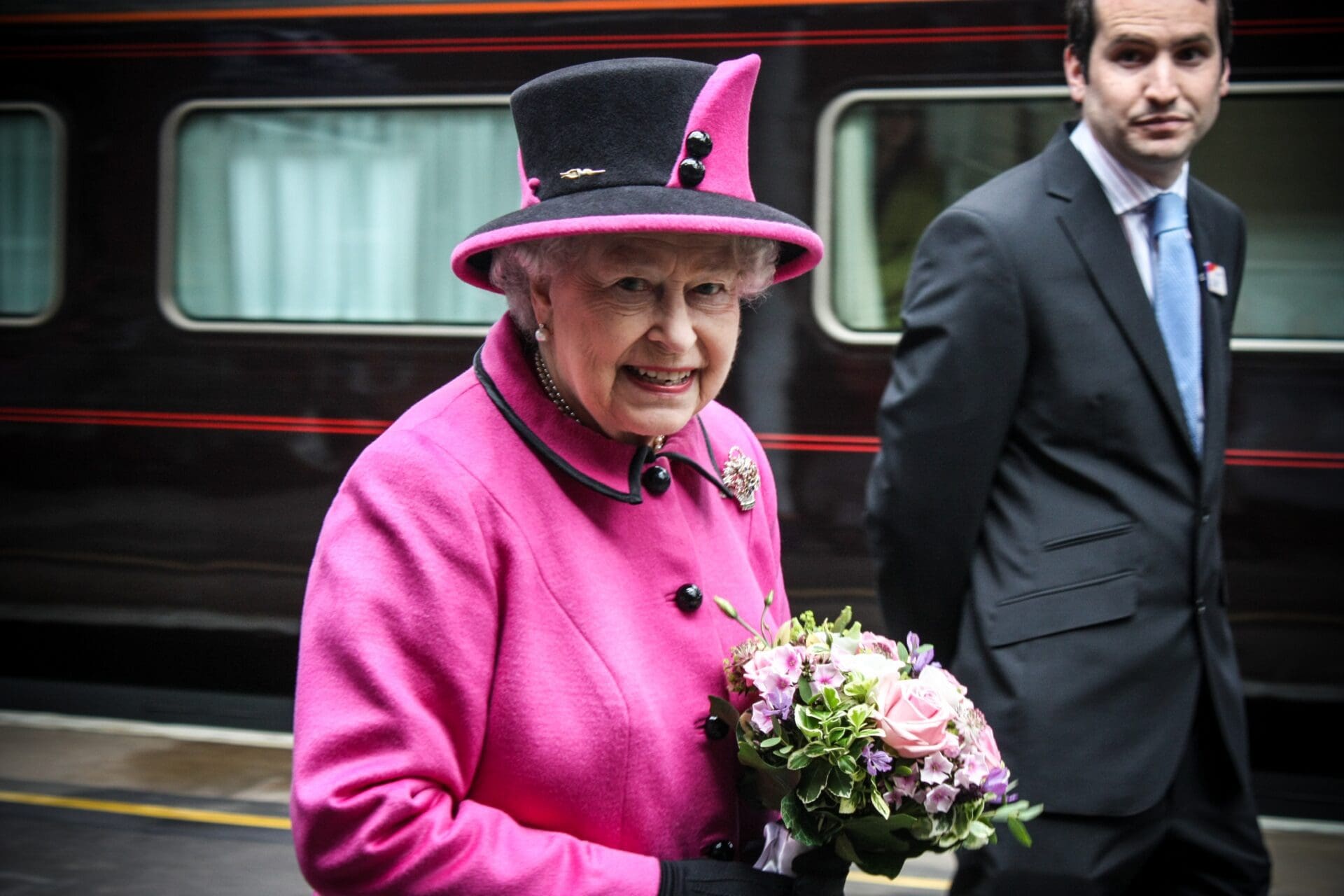It seems that not even those can escape vile accusations who are by definition above politics, symbolising the unity and virtues of a nation. The name of Queen Elizabeth II, whom many might have believed to be invulnerable in terms of dishonest charges, is now being dragged through the mud—or at least some are trying to do that. Right after the passing of Queen Elizabeth was announced, and the United Kingdom started mourning her sovereign’s death, pictures and posts reminding of the late British Empire’s sins and by association, the Queen’s sins appeared on social media. What has been most commonly pointed out is the repression of the Mau Mau uprising in Kenya. The uprising started in 1952, in the year when Queen Elizabeth was crowned. The colonial administration brutally repressed the rebellion, resorting to torture, castration, and detainment camps. Despite the fact that the acts of repression in British colonies happened in the early years of the Queen’s long reign, some are attempting to shed a bad light on her legacy.
As the first generation of my family not born in a British colony, I would dance on the graves of every member of the royal family if given the opportunity, especially hers. https://t.co/yeIQRSyCQM
— Zoé (@ztsamudzi) September 8, 2022
While criticism of Queen Elizabeth’s reign is understandable, some opinion leaders have posted extremely controversial opinions in the Internet, in which she is ‘branded’ as a symbol of oppression. When the Queen was dying, Nigerian-born US professor, Uju Anya said on Twitter ‘May her pain be excruciating’, a post that Twitter has since removed. Subsequently, The Cut ran a piece titled ‘I Won’t Cry Over the Death of a Violent Oppressor’, where Anya Uju was interviewed about the Queen’s death. Clearly, the newspaper that recently published an interview with Meghan Markle, where she levied new accusations against the royal family, could not come up with a better interviewee to remember the Queen than someone who wished an elderly lady pain on her deathbed. In The Cut interview, Queen Elizabeth was described as a ‘representative of the cult of white womanhood’ and that ‘what she represented…[was] the legacy of enslavement and colonialism…also the direct harm’.
Telling the colonized how they should feel about their colonizer's health and wellness is like telling my people that we ought to worship the Confederacy. 😒
— Ebony Elizabeth Thomas (@Ebonyteach) September 8, 2022
"Respect the dead" when we're all writing these Tweets *in English.* How'd that happen, hm? We just chose this language?
The Queen was dedicated to the idea that the crumbling Empire should peacefully transition into a voluntary association of independent countries
The legacy and history of colonialism is a tumultuous and difficult one, indeed. However, those who argue for remembering the Queen as an oppressor seem to forget—among other things—how dedicated the Queen was to the idea that the crumbling Empire should peacefully transition into a voluntary association of independent countries, known as the Commonwealth, which today consists of 56 nations. While upon her coronation she inherited the throne of an Empire, as that Empire gradually (and deservedly) collapsed, she had a vision of how to rework it into a more future-facing and cooperation-based institution—the Commonwealth. Devoting herself to better both the United Kingdom and the world, the Queen tirelessly worked on building the Commonwealth. She dedicated must of her effort as a sovereign to building new and good relations with the freshly independent countries, keeping the Commonwealth together to the benefit of all of its members. She paid state visits to many of the sovereign nations in Africa, which meant a lot for the population of these countries, and reassured the value of cooperation within the Commonwealth. It was not only the Queen who worked on overcoming the past of colonialism and building honest and good relations within the Commonwealth, but the governments of the United Kingdom as well. A couple of years ago, for instance, the United Kingdom’s government (unlike any other post-Empire countries in world history) announced a £19.9 million payout for more than 5 000 claimants in Kenya for human rights violations during the Mau Mau uprising. The British government also apologised for the abuses that took place. While the imperial period is unquestionably marred by wrongdoings and bloodshed, the United Kingdom went out of its way to set things right, and so did the Queen.
Those speaking up in defence of the Queen also remind of her lifetime of service and sacrifice. The Queen was an idol of virtues and values, a role model generations of Britons looked up to. From a very young age she showed courage and dedication to fight for the good of her people. During the Second World War she served in the armed forces herself and demonstrated remarkable bravery in the war effort against Nazism. When crowned, she pledged to dedicate her life to service and so she did—she never failed to put her nation first, and herself second. Her ability to be something bigger than herself united Britons many times during times of troubles, when her words brought reassurance and comfort. Contrary to the accusations, she was rightfully loved and respected in her lifetime for her selfless service, and her legacy will endure for years to come.







